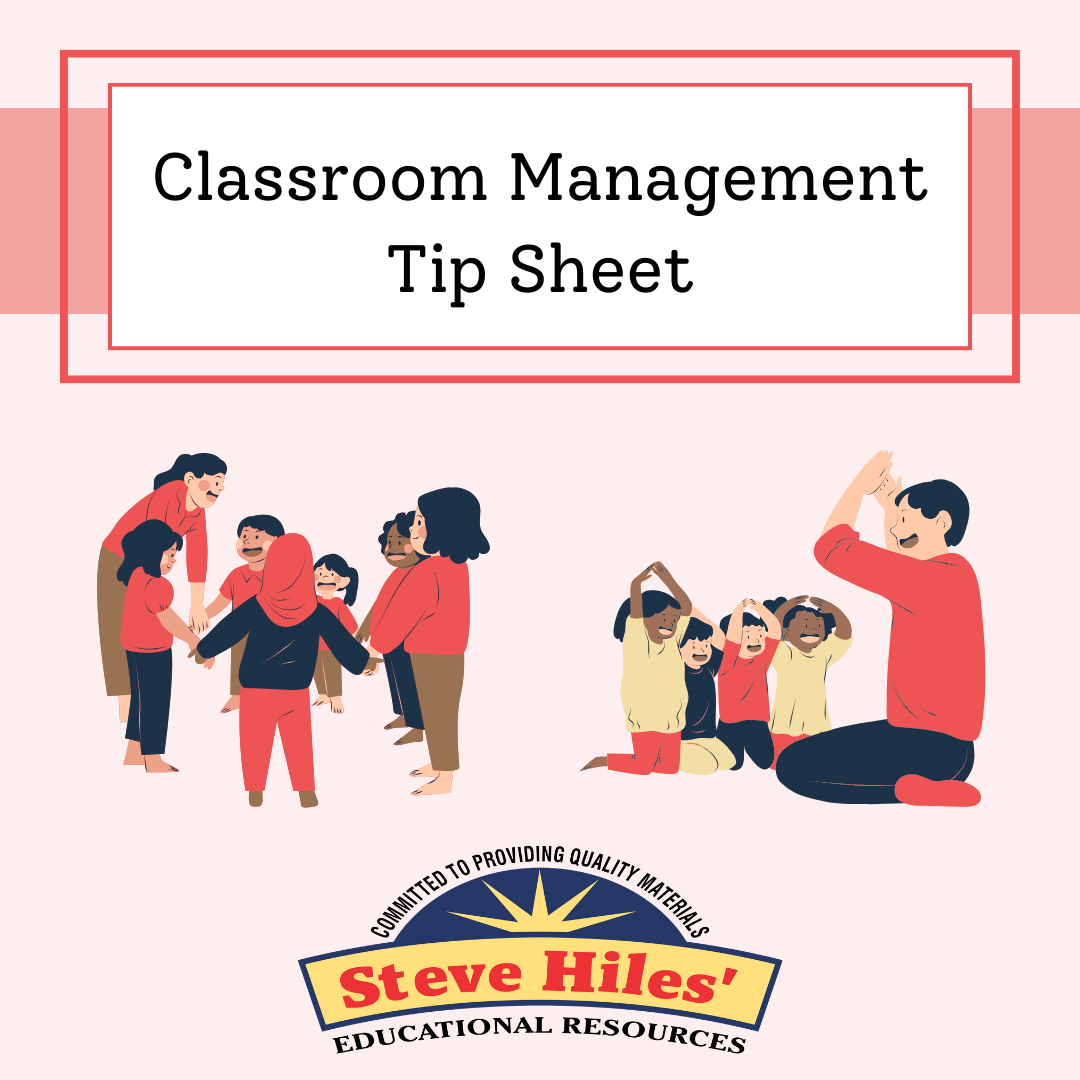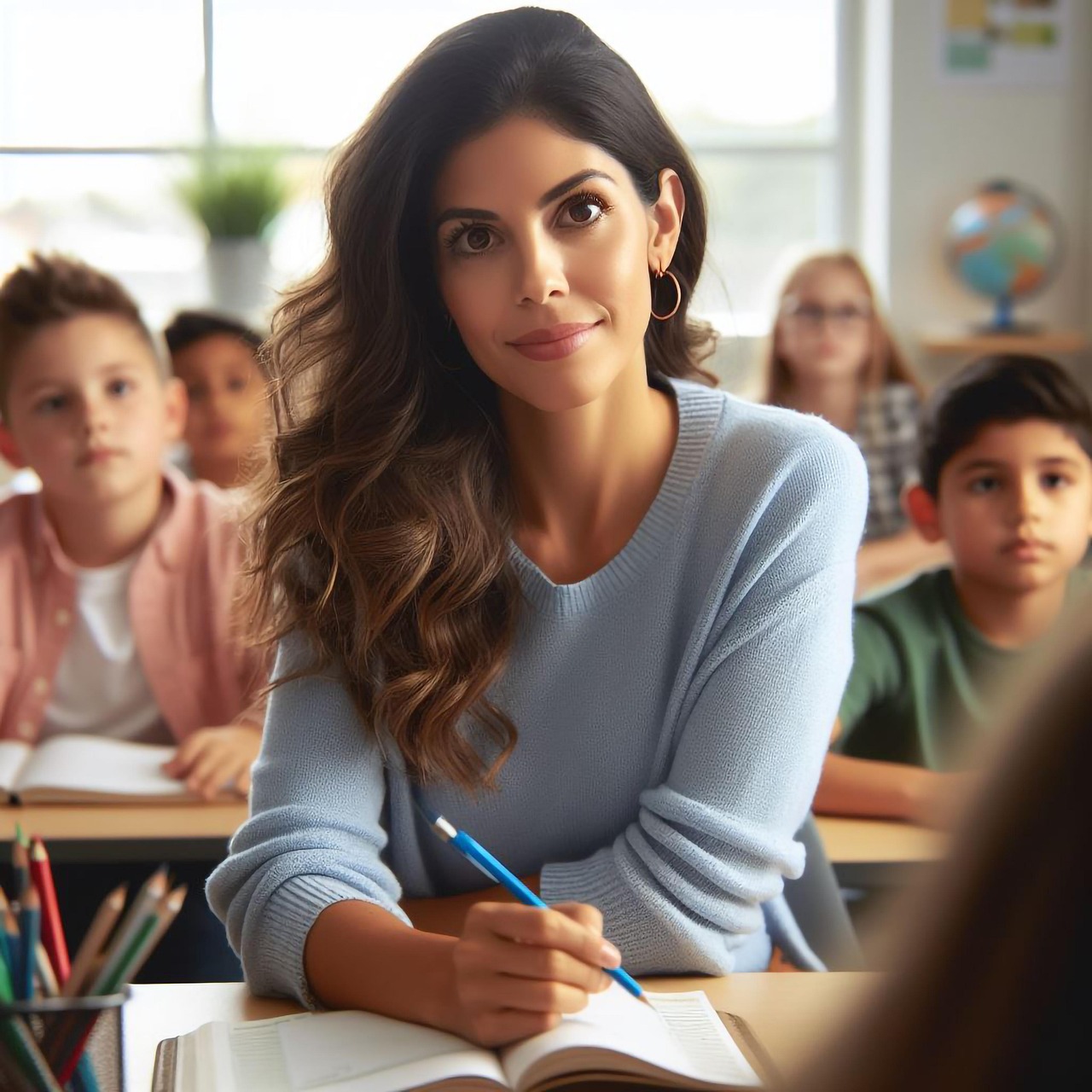If you google “listening skills,” you will see 7 million results about the importance of listening and how to become a better listener. But the links are primarily targeted to communication skills in business. I agree that listening in business, especially in sales, is critical. But when more than 23 research studies show better listening leads to better learning, more attention needs to be focused on listening in school.
Listening is a critically important skill to improve. And to improve it, you must be able to practice, assess and track progress but sadly there is no tool available to help students practice the discrete skill of listening. Yet research shows it is a skill that can be improved with tracking and practice.
As humans, we have so many important ways we convey and understand information as we communicate. We are born with ears and are never actually taught how to listen—it’s understood how to do it, we just start. As kids, we grow up learning how to speak by listening to the people who are close to us and imitating others.
While listening and reading share many comprehension processes, there are differences in the way the information is processed.
Now before we jump into details, I want to share an interesting fact with you, over 60% of all misunderstandings come from poor listening and only 1% from poor reading. If you don’t currently teach your students specifically how to listen, it may be time to add activities to your curriculum that strengthen this skill. The benefits of strong listening skills may begin in class, but they extend through all aspects of your student’s academic and personal lives.
So, why it is important to teach effective listening skills? Let’s go over what exactly that looks like. One great way to think of positive versus negative listening skills is through the example of active and passive listening.
Active listening, loosely defined, is paying attention to a speaker, and listening to understand, not to respond. It also includes complete focus on the speaker with minimal distractions out of respect and an intent to learn. In school, one example of active listening would be a student waiting their turn and considering what their peers have to say before stating their opinion in a classroom discussion.
Passive listening, however, is like listening while multitasking. A passive listener might pay attention to a speaker with the sole intent to respond or place some of their attention in another task. A classroom example of passive listening? Students who text during class, interrupt other classmates to voice their opinion, or do homework during lecture or story time may be passive listeners.
Table of Contents
ToggleTo make it better for understanding, let’s talk about the benefits of teaching your students how to listen.
Helping students learn to listen can give them advantages you might not expect. For example, students with strong listening skills don’t just retain more information, but they are also less likely to feel unprepared and frustrated in class. Additionally, improved listening skills can lead to improved self-efficacy, or a student’s belief that they can succeed in class. This means that students who develop better listening skills are more likely to feel confident, comfortable, and prepared to succeed in school.
Learning how to listen can also teach students how to communicate their ideas. This is because students who listen pick up more knowledge to reflect on and think critically about how they respond. Plus, for dual language learners in your class, learning how to listen can help students pick up their second language faster.
The importance of active listening also branches into social-emotional development. Active listening promotes mindful thinking, which can reduce anxiety and depression in students. It can also help students build relationships because as they engage themselves in conversation, their peers are more likely to view them as open and interested. And finally, practicing active listening can promote empathy—a skill that can enrich a student’s life both in and outside of the classroom.
Students who are successful at reading comprehension understand at the sentence level as well as understanding the text as an integrated whole. Reading comprehension involves both decoding print and understanding language. Once students can decode text, their comprehension is dependent on understanding language. Students who have not mastered decoding can still learn language skills by listening to stories and content read aloud. Students can listen on a higher language level than they can read, so listening provides a way to improve students’ language skills, making complex ideas more accessible to students and exposing them to vocabulary and language patterns that are not part of their everyday speech.
Language skills are essential in creating a mental representation of the whole text to understand it. Higher-level language skills can be developed by listening to stories. This develops language skills in all students, even those who struggle with decoding. Therefore, listening can be used to develop these essential language skills with students of all reading abilities. These language skills can then influence and enhance their reading comprehension.
It may seem daunting when faced with children who struggle to listen and attend; however, there are many ways in which you can help to improve your children’s listening skills, some of which you are probably doing already without realizing it. Below is a simple check list of ideas to help nurture good listeners.
Be aware of the stages of attention development and plan activities to encourage children to move on to the next stage.
Plan regular listening activities into your week. There are a huge number of games and ideas available to develop listening skills. However, simple ideas such as Stop/Go games, Listening Moments or Musical Statues can all be easily played without the need for expensive resources or props.
Be a good role-model. As adults, we need to be good listeners ourselves. When talking to children, get down to their level, make eye contact and ask open-ended questions, listen to their opinions, and show interest in what they are saying.
- Encourage children to listen to each other in different situations and to value listening.
- Think about where you position your seat: the window or picture behind you may prove to be too distracting.
- Sit children with listening difficulties directly in front of you. This way, you can make eye contact easily and use their name to prompt their attention.
- Use ‘good listening’ prompts and create your own good listening rules.
- Regulate the group size to fit the needs of your children’s listening skills. Children who struggle to listen will benefit from working within smaller groups.
- Encourage participation. If children are struggling to listen to a story, pause, ask questions, or ask them to find objects in a picture.
- Your environment can contribute to distractions: such things as hard floors and traffic noise can add to the noise level.
- Create quiet areas, dens, and hideaway spaces for children to spend quiet moments.
- Use audio resources as part of your children’s regular activities. Audio stories, songs, and listening games such as environmental sounds will all help your children to develop listening skills.
- Speaking of how to encourage children to listen and develop comprehensive abilities, podcasts are always a great way to start.
- Students listening to an amazing podcast designed for kids with series and stand-alone episodes with small stories is very helpful.
What’s amazing is that the choice of words and language of these podcasts help in understanding the language and comprehending sentences, it helps with development of self-imagination, and like I said at the beginning, we learn from listening.







